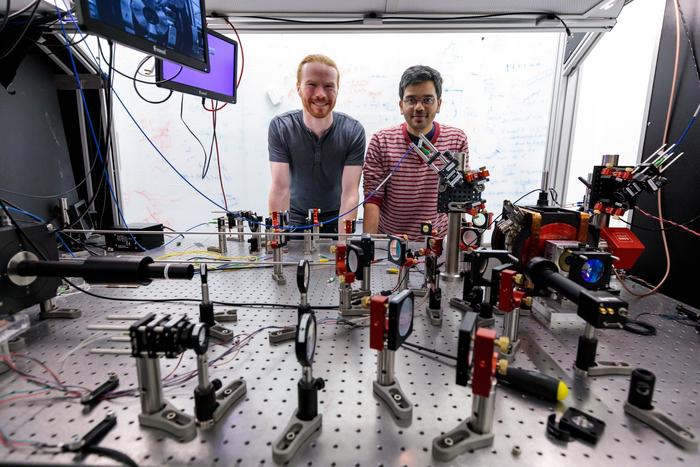Insider Brief
- Colorado media are reporting that the state of Colorado will be picked as official U.S. Tech Hub, which will have huge implications for the state’s quantum ecosystem.
- The designation could lead to more funding and increased visibility for the quantum hub and its companies and research institutions.
- The recognition is one of 20 granted by the U.S. Department of Commerce’s Regional Technology and Innovation Hubs.
Although it’s not official, Colorado will likely be chosen as an official U.S. Tech Hub, an honor that might put it in line for more federal funding and the promise of increased visibility for what is emerging as the nation’s leading ecosystem for quantum technology, according to the Colorado Sun.
This recognition, one of 20 granted by the U.S. Department of Commerce’s Regional Technology and Innovation Hubs program, stems from the bipartisan CHIPS and Science Act of 2022. The overarching goal is to foster homegrown innovation and disperse the benefits of commercialization and employment beyond the coastal regions. The Colorado Sun reports that of the 192 applications across 10 pivotal technologies, Colorado submitted at least four, with the complete list of recipients to be disclosed next week.
Quantum science, which delves into the intricate realm of atomic probabilities and the potential to enhance sophisticated computer computations, quickly emerged as a prime contender for the Tech Hubs initiative. A notable consortium titled Elevate Quantum, encompassing private quantum enterprises, investors, startups, and academic institutions such as the University of Colorado and Colorado School of Mines, took shape. The projection is that this quantum industry could inject up to $3 billion into Colorado’s economy over the next ten years while generating employment for 30,000 individuals, a notable portion of whom won’t require advanced degrees.
In an email to The Colorado Sun, Corban Tillemann-Dick, the CEO of Maybell Quantum in Denver, wrote: “Quantum technology isn’t just a novel concept; it’s pivotal to the economic and national security of the U.S. in the coming century. Tech Hub designation affirms Colorado’s unrivaled history of innovation in quantum and helps set us on a trajectory for global leadership as the industry matures. Our success at this stage is a testament to the remarkable vision and tireless endeavors of our entire consortium, spanning from rural K-12 school districts to some of the world’s most prestigious research institutions and quantum companies. This is a significant milestone on Colorado’s quantum journey, and it’s now up to us to live up to this potential by coming together and building this Hub.”

Maybell specializes in creating extreme refrigeration systems, crucial for quantum computers, that plunge temperatures to near absolute zero, or roughly -459 Fahrenheit.
The state’s quantum ecosystem is primarily situated within Boulder and Denver and has a wide spectrum, the newspaper points out. It spans startups employing tech to detect methane emissions at fracking sites, to serving as a base for major quantum computing outfits, such as Atom Computing and Quantinuum.
While awaiting specifics on the 20 awardees from the U.S. Economic Development Administration, it’s known that those designated a Tech Hub could vie for substantial “implementation” grants ranging from $50 million to $75 million via the Commerce department program.
Sen. John Hickenlooper told the Colorado Sun that he sees the state has the potential quantum nucleus in the coming decades.
“To be chosen is unbelievably exciting,” Sen. John Hickenlooper told the newspaper. “And the key here is to recognize that Colorado already is a leader in a lot of these things. … I think these designations, a tech hub, especially when you’re talking about things like quantum … have the potential to make Colorado 20 years from now the center of quantum.”
Many regard the Tech Hub initiative as a catalyst for cities and regions across the nation to discern and nurture their indigenous technological ecosystems, regardless of whether they secure the official title.
The other Colorado applications spanned a range of sectors, including clean energy and cybersecurity.
If you found this article to be informative, you can explore more current quantum news here, exclusives, interviews, and podcasts.




















